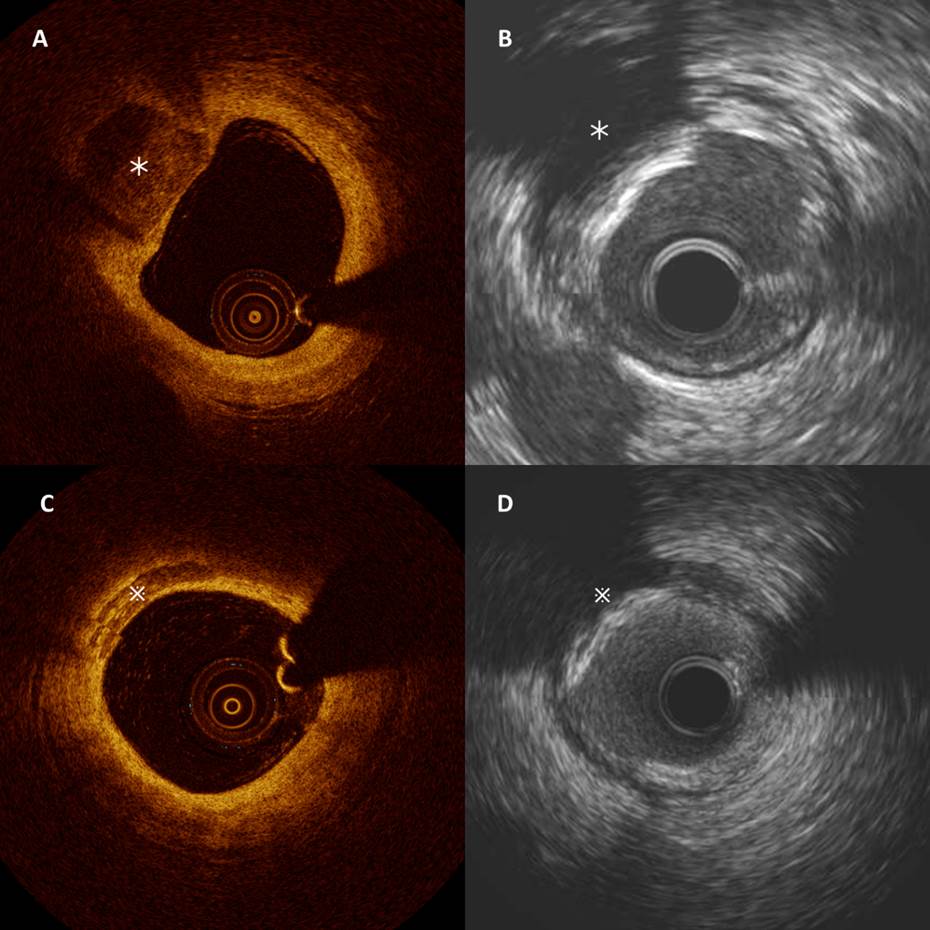This isn't actually correct though. You can remove conditions, you just need your doctor's approval. MyChart even offers the ability to do it all within the app. Obviously, the original record won't be removed, nor should it be.
In my case, my cardiologist specifically told me "you don't have coronary artery disease" at my last visit with him, and he based that opinion on the results of the cath. He also said that if I had it, even if it wasn't dire, they would have bypassed the artery while they were in there. So the fact that they chose not to bypass any is pretty good evidence that I don't have CAD, I think. But short of examining every artery with IVUS, I don't think there's a way to tell for certain. But I trust a cath more than I trust a guess based on a previous heart attack when I know I had significant valve calcification! So I'm going with no CAD.


























